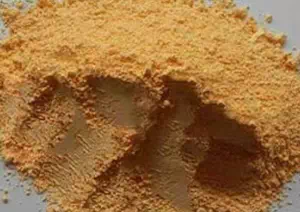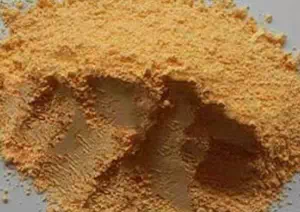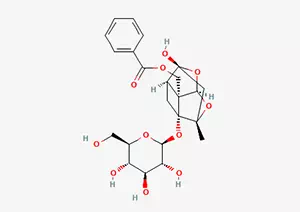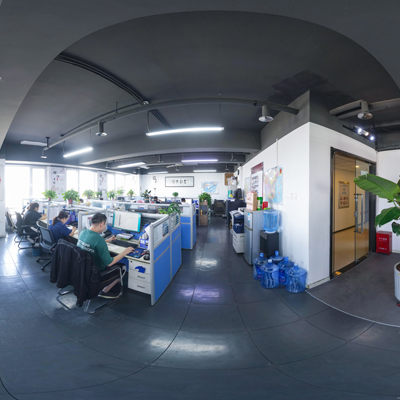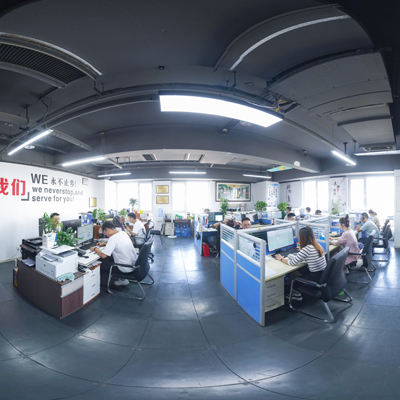Paeoniflorin CAS 23180-57-6 Uses
Paeoniflorin is undoubtedly an important component that has attracted much attention. It is the main active ingredient in the traditional Chinese medicine peony. Through the unremitting efforts of numerous professional researchers and a large number of rigorous and meticulous scientific studies, it has been proved that the pharmacological effects of paeoniflorin are very extensive and significant.
In terms of anti-depression, it can have a positive impact on people's emotional states, help alleviate depressive symptoms, and bring a glimmer of hope to those patients who are deeply troubled by depression. In the field of anti-inflammation, paeoniflorin can effectively inhibit the occurrence and development of inflammatory responses in the body and reduce the damage caused by inflammation to body tissues and organs. Its analgesic effect can relieve various pain symptoms to a certain extent, sparing patients from the torment of pain. Its anti-tumor properties make it show great potential in combating cancer cells, inhibiting tumor growth and spread. Paeoniflorin has a protective effect on the liver. It can maintain the normal function of the liver, repair damaged liver cells, and enhance the liver's detoxification and metabolic capabilities. In terms of protecting the nervous system, it is like a solid defense line, safeguarding the health of the nervous system and reducing the adverse effects caused by nerve damage. The role of regulating immunity helps maintain the balance and stability of the human immune system, enhances the body's resistance, and enables the human body to better resist the invasion of external bacteria. The sedative and hypnotic effects can help people improve their sleep quality, relieve anxiety and tension, and enable them to have a peaceful rest at night.
It is worth mentioning that paeoniflorin is a kind of glycoside carefully extracted from the roots of peonies. Peony, as a traditional Chinese medicine with a long history and an important position in the field of traditional Chinese medicine, inherently contains rich pharmacological and medicinal values. The paeoniflorin isolated from peonies is the epitome of its essence. The mechanism of action of this compound in the human body is rather complex. Among them, by activating adenosine A1Rs (central adenosine A1Rs) in the kidneys, it can ingeniously reverse the antihypertensive effect induced by guanidine. This discovery provides new ideas and directions for the treatment and research of related diseases.
Paeoniflorin performs outstandingly in resisting oxidative stress. It is like a brave guard, effectively resisting the damage caused by oxidative stress to tissue cells. Meanwhile, it can also inhibit the activation of astrocytes and further enhance the neuroprotective effect. Especially for dopaminergic nerve cell damage in the striatum and substantia nigra, paeoniflorin has a significant antagonistic effect, and this effect can effectively improve symptoms such as bradykinia. For this reason, it has broad application prospects in the treatment of brain diseases. For instance, when treating difficult brain diseases such as Alzheimer's disease, Parkinson's disease and epilepsy, paeoniflorin can play an important therapeutic role, bringing new hope to patients.
In addition, paeoniflorin also shows remarkable performance in combating tumors and autoimmune diseases. In tumor treatment, it can interfere with the growth and reproduction of tumor cells, providing strong support for defeating cancer. For autoimmune diseases such as rheumatoid arthritis and ankylosing spondylitis, paeoniflorin can regulate the function of the immune system, reduce inflammatory responses, and relieve the pain and discomfort symptoms of patients. Not only that, animal experiments have fully demonstrated that paeoniflorin has a significant ability to lower blood sugar levels. This characteristic has also made it highly regarded in the treatment and research of diabetes. Meanwhile, paeoniflorin plays a crucial protective role for heart and lung cells, maintaining the normal operation of heart and lung functions and safeguarding human health.
The part of traditional Chinese medicine that comes from the root of peony, which is what we call paeoniflorin, holds a significant position in the field of traditional Chinese medicine. It has antispasmodic and analgesic effects in traditional Chinese medicine, effectively alleviating muscle spasms and various pain symptoms, and reducing the suffering of patients. In terms of anti-myocardial ischemia, paeoniflorin can provide protection for the myocardium, improve the blood and oxygen supply to the myocardium, and prevent and treat diseases related to myocardial ischemia. Its anticoagulant and platelet aggregation inhibitory effects are of great significance for preventing thrombosis and maintaining smooth blood circulation. The antispasmodic effect can relax smooth muscles and relieve the discomfort caused by spasms. The analgesic and sedative effects can help people relieve physical pain and mental tension. The anti-inflammatory and anti-ulcer effects help protect the gastrointestinal mucosa and prevent and treat diseases such as inflammation and ulcers. The effect of Wang Yanan reflects its unique role in specific physiological processes. The immunomodulatory effect can keep the human immune system balanced and stable and enhance the body's immunity. The anti-hyperglycemic effect brings new therapeutic hope to diabetic patients. The anti-hypoxia effect helps to enhance the body's tolerance in hypoxic environments and protect the functions of vital organs.
In terms of clinical application, paeoniflorin plays an even more important role. It is widely used in the treatment of coronary heart disease, which can improve myocardial blood supply, relieve symptoms such as angina pectoris, and enhance the quality of life of patients. For geriatric diseases, paeoniflorin can not only enhance physical fitness but also regulate immune function, helping the elderly improve their body's resistance and prevent and treat various diseases. In addition, it also has the functions of anti-inflammation, cough relief, expectoration and asthma relief. Especially as an auxiliary drug for treating chronic respiratory diseases in the elderly, it can effectively relieve symptoms such as coughing, expectoration and asthma, providing a strong guarantee for the health of the elderly.

